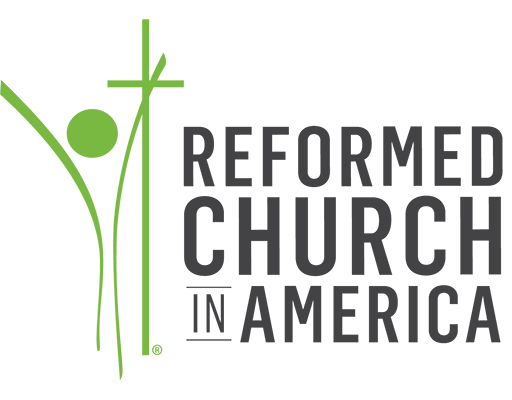The Christian faith is intricately woven around several foundational elements: the doctrine of the Trinity, the role of the Church, the workings of the Holy Spirit, the veneration of saints, the embodiment of Christian actions, and the relationship between Christianity and the world. Understanding these components provides a comprehensive view of Christianity’s beliefs and practices.
The Trinity: One God in Three Persons
Central to Christianity is the doctrine of the Trinity, which posits that there is one God who exists in three distinct Persons: the Father, the Son (Jesus Christ), and the Holy Spirit. This concept underscores the unity and diversity within the Godhead. The Father is often viewed as the creator and sustainer of the universe; the Son, Jesus Christ, is believed to be both fully divine and fully human, serving as the mediator between God and humanity; and the Holy Spirit is seen as the presence of God active in the world, guiding and empowering believers. This doctrine is foundational to Christian theology and is reflected in various aspects of worship and practice.
The Church: The Body of Christ
The Church, in Christian understanding, is more than a physical building; it is the collective body of believers who follow Jesus Christ. Often referred to as the “Body of Christ,” the Church functions as a community where individuals gather for worship, teaching, fellowship, and service. It plays a pivotal role in nurturing faith, administering sacraments, and serving as a witness to the broader world. The Church’s mission encompasses evangelism, social justice, and the promotion of moral and ethical living in accordance with Christian teachings.
The Holy Spirit: Guide and Comforter
The Holy Spirit holds a significant place in Christian belief as the third Person of the Trinity. Christians believe that the Holy Spirit is active in the world, dwelling within believers to guide, comfort, and empower them for righteous living and service. The Holy Spirit is also credited with inspiring the authors of the Bible and continues to aid believers in interpreting and applying its teachings. This divine presence is seen as essential for personal spiritual growth and the collective life of the Church.
Saints: Exemplars of Faith
In many Christian traditions, saints are individuals recognized for their exceptional faith and virtue. They serve as exemplars and intercessors, inspiring believers to live in accordance with Christian values. The veneration of saints varies among denominations; for instance, the Catholic Church has a formal process of canonization, while Protestant traditions may honor saints more informally. Regardless of the approach, saints are viewed as models of holiness and dedication to God’s will.
Kingdom of God
understands the Kingdom of God as both a present reality and a future hope. Currently, it manifests through the church’s mission and the transformative work of the Holy Spirit in the world. Ultimately, it will be fully realized in the new creation, where God’s reign is perfectly established.
Christian Actions: Faith in Practice
Christianity emphasizes that faith should manifest in actions. Believers are called to love their neighbors, seek justice, and practice compassion. This is often expressed through charitable works, advocacy for the marginalized, and efforts to promote peace and reconciliation. The teachings of Jesus, such as the Sermon on the Mount, provide a blueprint for ethical living, encouraging virtues like humility, mercy, and peacemaking.
Christianity and the World: Engaging Society
Throughout history, Christianity has interacted with various cultures and societies, influencing art, law, ethics, and more. Christians are encouraged to engage with the world thoughtfully, balancing the call to be “in the world but not of it.” This involves contributing positively to society while maintaining distinct values rooted in their faith. The relationship between Christianity and the world is dynamic, reflecting a commitment to both spiritual and temporal responsibilities.
Second Coming of Jesus
Our church with Reformed Church in America affirm the personal and visible return of Jesus Christ. This eschatological event is anticipated as the culmination of history, where Christ will judge the living and the dead, establish His eternal Kingdom, and bring about the renewal of all things.
The Resurrection of the Body
The doctrine of the resurrection of the body is a cornerstone of Christian Faith. It professes that believers will experience a bodily resurrection, entering into eternal life in a renewed creation. This belief offers hope and underscores the value of the physical body in God’s redemptive plan.
In summary, the interconnectedness of the Trinity, the Church, the Holy Spirit, saints, Christian missions and actions, the world and the kingdom of God, the second coming of Jesus, and the resurrection of the body forms the tapestry of Christian belief and practice. Each element contributes to a holistic understanding of the faith, guiding believers in their spiritual journey and their engagement with the broader world.
